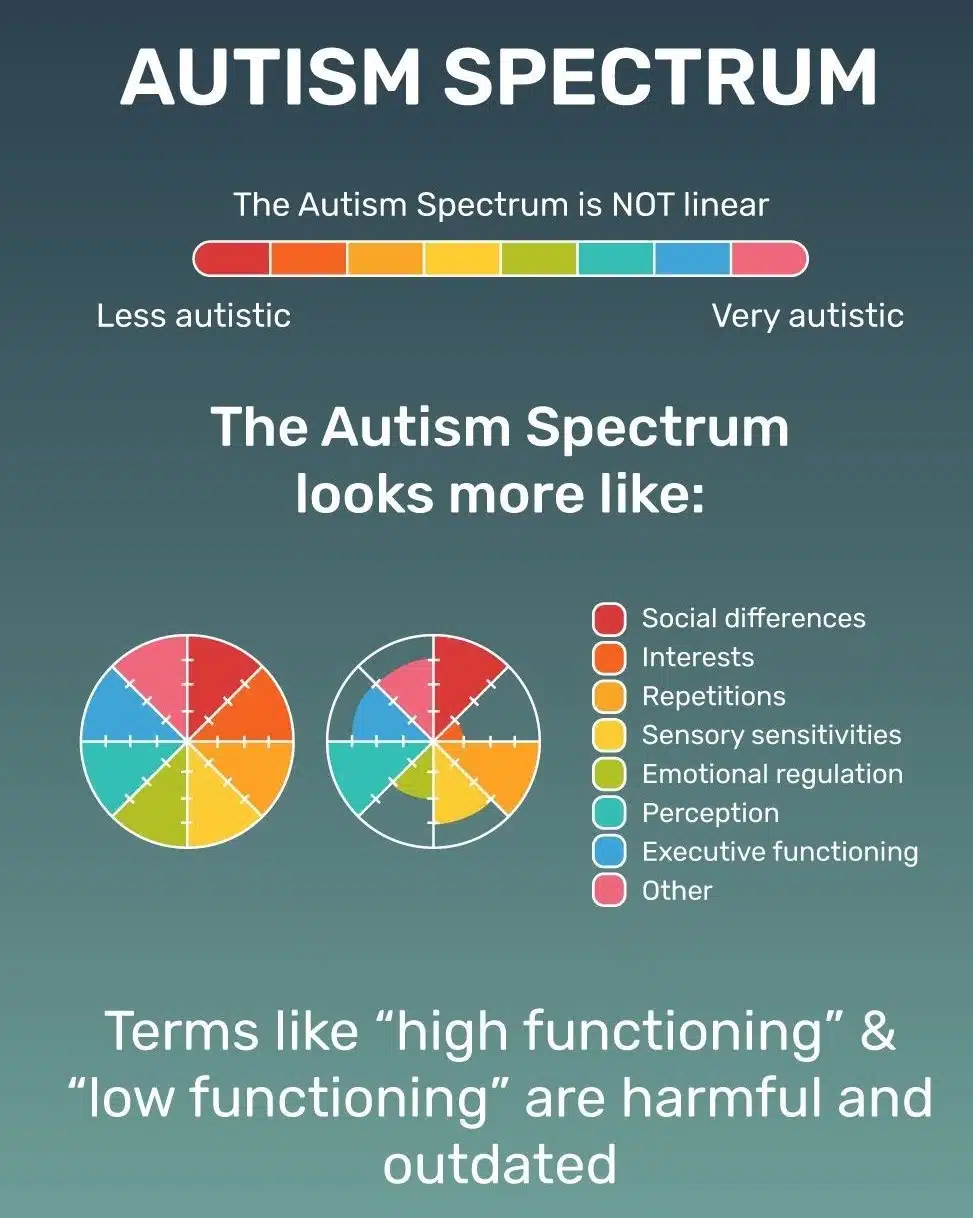Kids with Asperger’s syndrome display a range of characteristics that can impact their social interactions, communication, and behaviors. Common signs include:
| Social difficulties |
Trouble making friends, understanding social rules |
| Communication challenges |
Literal thinking, one-sided conversations |
| Restricted interests |
Intense focus on specific topics |
| Repetitive behaviors |
Rigid routines, stereotyped movements |
| Sensory sensitivities |
Over- or under-responsiveness to stimuli |
While symptoms can vary widely, recognizing these signs is critical to getting kids the support they need to thrive. A professional evaluation can provide a precise diagnosis and guide treatment planning.













